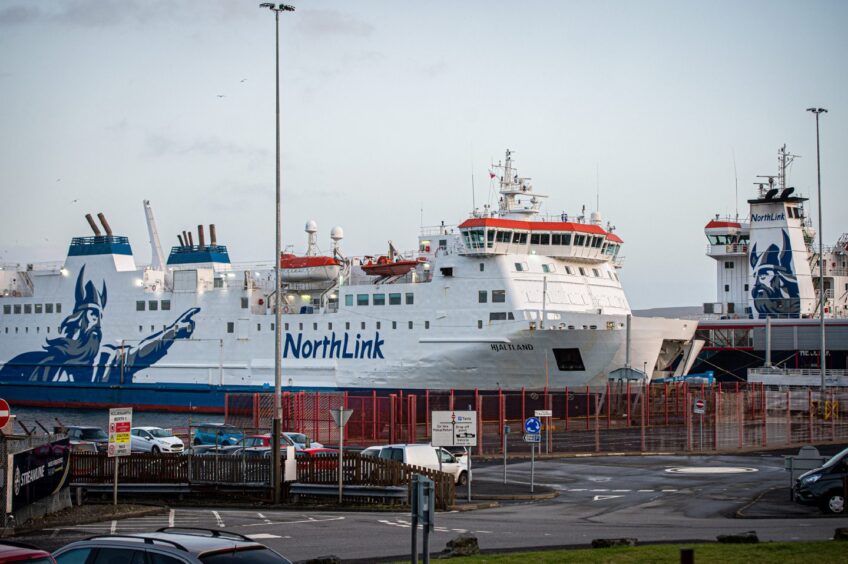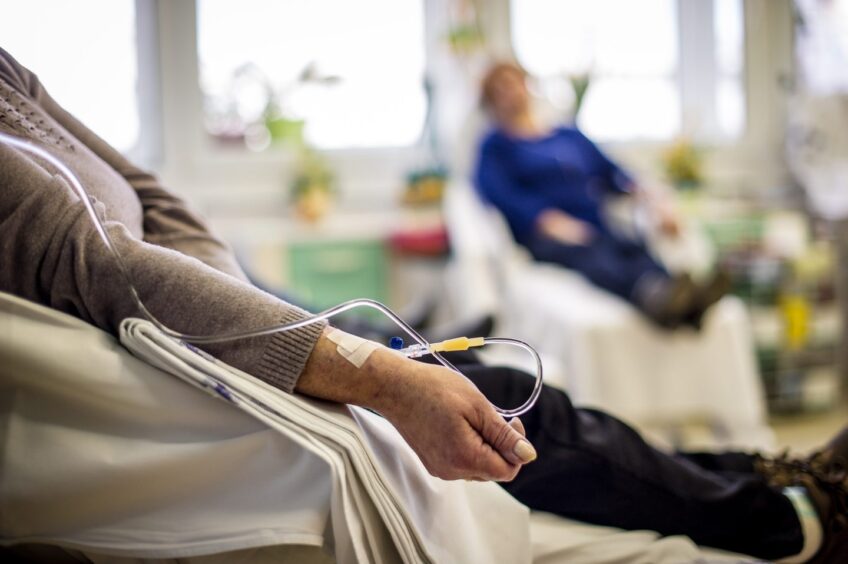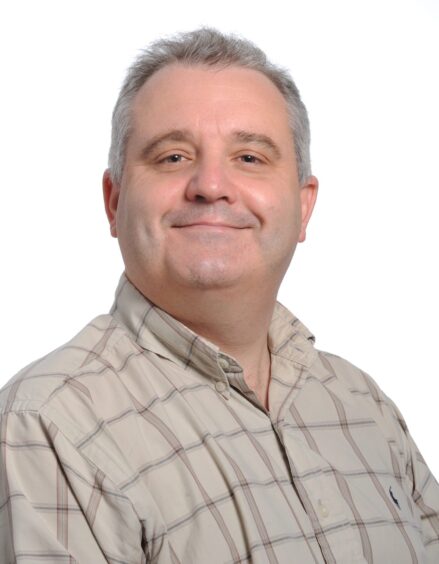Cancer patients in Orkney and Shetland have a higher chance of dying than mainlanders, new Aberdeen University research suggests.
This is despite the “paradox” of islanders being diagnosed and treated sooner.
Researchers say the findings could be evidence of “travel toxicity” and cast doubt on trends in Scotland for centralised cancer care.
“It’s a kind of paradox,” NHS Grampian consultant oncologist Leslie Samuel, a co-author of the Aberdeen University study, said.
The potential effect of ‘travel toxicity’ on cancer outcomes
The study looked at data from more than 17,000 north-east cancer patients over a decade. Almost 1,400 (8%) were from Orkney and Shetland who travelled to Aberdeen for treatment.
“You get diagnosed more promptly, start treatment more promptly compared to those that live closer to the cancer center, but actually you have this higher risk of death.”
Researchers say this “cancer geography paradox” will need further investigation.
However, one potential reason is “travel toxicity”, where the prospect of a long journey to a treatment centre may affect a patient’s decision on whether to travel.
“We often talk about side effects and toxicity with treatment,” Dr Samuel explained. “Well, there might be a travel toxicity.”
He added: “If you imagine have only six months left of your life, and you’re having treatment. If you don’t feel brilliant, wouldn’t you want to spend that time doing things other than traveling?”
Is everyone ‘happy to travel’ for cancer treatment?
Dr Samuel said the study could be a warning against attempts to centralise care at regional hubs.
“There is a mantra that comes out of the government, UK Government, Scottish Government that everybody is happy to travel,” he said, citing studies that show people are willing to travel for cancer care.
“But you’ve heard the phrase history is written by the winners. In those kinds of studies, they’re all people who are alive. People are not going to take part in a study like that if they’re within the last few months of life.
“That’s what policymakers need to think about. This mantra of everyone’s willing to travel probably may not be true when you take away the fact that that data comes from the winners.”
The Aberdeen University study looked at outcomes for 17,369 patients with eight of the most common cancers, including lung, breast, prostate and colon.
The time scale was a 10-year period from 2007 to 2017, which removed the effect of the pandemic from the results.
In the findings, patients from Orkney and Shetland had an 18% increased risk of dying one year on from diagnosis, though Dr Samuel said the risk could be as high as 39% or as low as 2%.
Research is a ‘good step forward’
The researchers will now investigate the effects of the intensity of the cancer treatment on the group of patients to see if there is a correlation with the higher risk of dying.
“There are lots of things for us to think about,” Dr Samuel said.
“Because [the findings show that] if you are involved with oncology you don’t have an increased risk of death.
“It is the people that aren’t having that — and probably with good reason — who are at an increased risk. It may be because they have chosen not to have treatment, that is one of the possibilities.”
Professor Peter Murchie, clinical chair in academic primary care at Aberdeen University who led the research, said: “This research is a good step forward in beginning to unpick the complex mechanisms underlying poorer outcomes for our rural cancer patients.”
The lack of specialist staff outside of Aberdeen has caused issues for cancer patients. In 2022, a bowel cancer survivor in Shetland set up her own support group after the only stoma nurse on the islands left.



